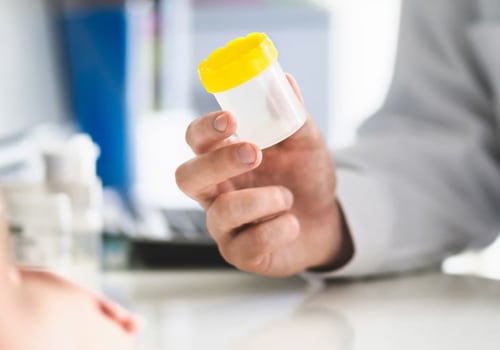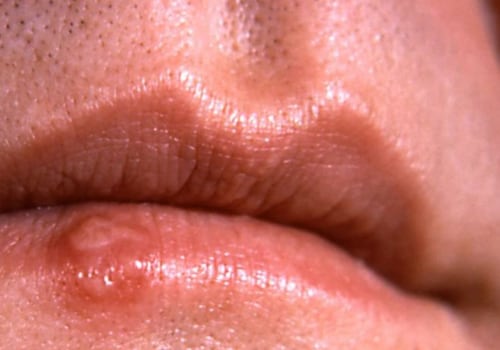Sexually transmitted diseases (STDs) are infections that are spread through sexual contact. They can be caused by bacteria, viruses, or parasites. STDs can cause a range of symptoms, from mild to severe. Common symptoms include ulcers or bumps on the genitals or in the oral or rectal area, pain or burning when urinating, discharge from the penis, unusual or odorous vaginal discharge, unusual vaginal bleeding, pain during sexual intercourse, and pain and swelling of the lymph nodes, particularly in the groin but sometimes more generalized.
The time it takes for symptoms to appear after infection varies widely and depends on the specific pathogen and the individual. In some cases, symptoms may not appear at all. It is important to remember that even if you don't have any symptoms, you can still transmit the infection to others. Depending on the specific pathogen, symptoms of STDs may appear within four to five days or four to five weeks.
Some infections can cause noticeable symptoms even months after the initial infection. Each STD has its own incubation period. In some cases, the body starts producing antibodies and symptoms in just a few days. For others, it may take weeks or months for symptoms to appear.
STDs develop when several bacteria, viruses, or parasites infect the body. People share these microorganisms through body fluids during sexual activity, usually during vaginal, oral, or anal sex. STDs can also be transmitted to a fetus if a pregnant woman is infected. Even if your symptoms of STDs go away, you may still have an infection in your body that can be passed on to others.
If you have any of the above symptoms and are concerned that you may have an STD, it is important to get tested as soon as possible. The Centers for Disease Control and Prevention (CDC) recommends that anyone who has ever been treated for STDs should get tested for HIV if they have any symptoms of STDs, even if they don't have a high risk of contracting HIV. Since most STI tests use antibodies (not symptoms) as a marker of disease status, having symptoms is not necessarily a reliable marker of infection. PhysicianOne Urgent Care is available 7 days a week for high-quality urgent care at a fraction of the cost of the emergency room, including testing for STDs.







